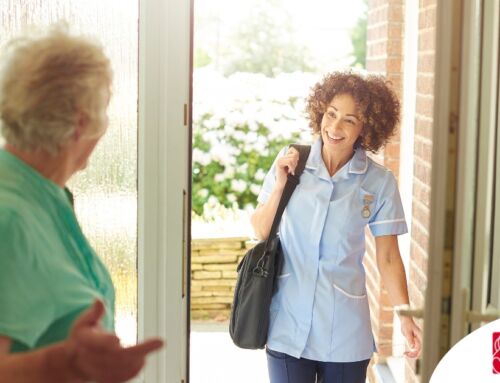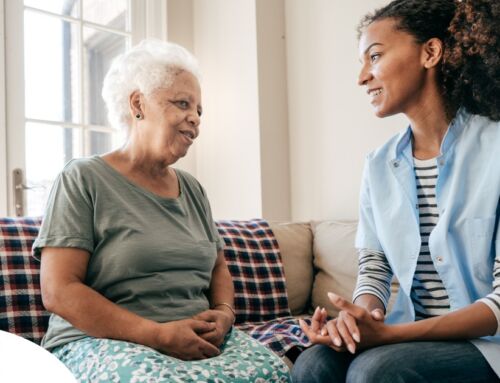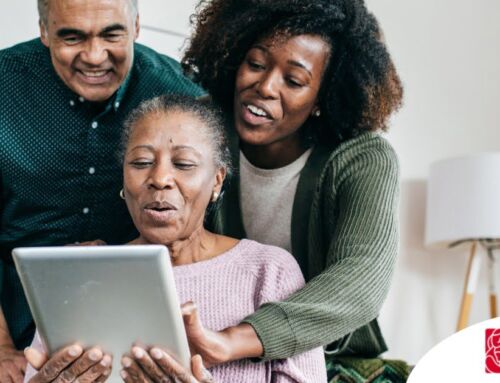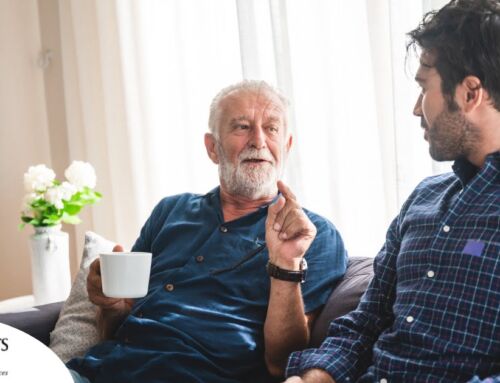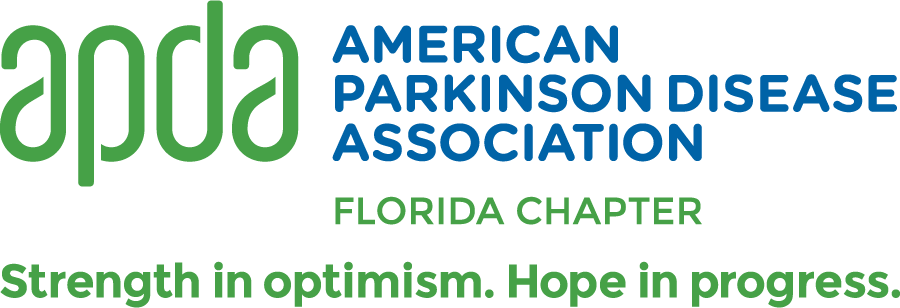Those of us who are older might think that we know what meditation is. We think of the 70’s and the hippie gurus who sat crossed legged on dirty floors, surrounded by flower children, zoning out. But in this day and age, is that even accurate?
Meditation has come a long way in the Western world since those days and it’s hard to refute some of the scientifically researched benefits that we’re seeing.
What exactly is meditation?
Merriam-Webster defines meditation as:
- to engage in contemplation or reflection; to focus one’s thoughts on; reflect on or ponder over
- to engage in mental exercise (such as concentration on one’s breathing or repetition of a mantra) for the purpose of reaching a heightened level of awareness
So while we may have a limited concept of what those 1970’s “gurus” were doing, we’re not completely off base. But it’s so much more than that. The word meditation has been used in many religious texts and comes from the Latin word meditatum, which means to concentrate and/or ponder.
These days, the practice of meditation has been expanded into what has now been named mindfulness. Mindfulness is the larger concept of the practice of maintaining a nonjudgmental state of heightened or complete awareness of one’s thoughts, emotions, or experiences on a moment-to-moment basis. This means that we calm ourselves and become the observer of our feelings, most importantly without judgement.
Keep in mind that we need not turn ourselves into pretzels or sit on the floor for a mindfulness practice. Meditation can be done sitting in a chair, laying in bed or in any other physical position in which the body is comfortable and we can allow our minds to relax.
Benefits of meditation for older adults
Meditation is thought to have started in India thousands of years ago, but was incorporated into various religions, including Judaism, Christianity and Islam. It’s been at use in the Western world for long enough now, that scientists have been able to research some of the claims around it.
Some of the research shows us the possible benefits:
Health benefits
- Boosts immune system
- Improves sleep
- Lowers blood pressure
- Controls pain
- Increased attention span
- Anxiety and stress reduction
- Enhances digestion
Mental health benefits
- Fights off depression
- Stabilized or increased memory
- Helps to manage mood
How do I get started?
Mindworks has a terrific article with advice on how to get started with meditation, even late in life:
- “If your mind is prone to wandering or tuning out, try simple guided meditations that take the guesswork out of practice and that you can easily become familiar with. If you’re able to maintain an upright sitting posture, this will help keep the energy of your mind focused.
- If your mind is alert but your body tires easily, try lying down or sitting in a comfortable chair and focusing on a series of physical sensations as presented in the “body scan” mindfulness technique. A mind that is focused and in motion is more likely to remain alert while the body is relaxed. Follow a guided meditation until you’ve become familiar with this method.
- Mini-sessions are recommended for seniors who find it difficult to maintain a physical posture or to focus for any significant length of time. Simply being present and aware during a few breaths—a couple of minutes—is an excellent practice. Then relax the mind and body and, when you’re ready, start again.
- Finding a word or sentence—a prayer, a motivational phrase, a mantra—that speaks to you and you can come back to is a form of meditation that can offset anxiety and may have spiritual or psychological benefits as well.
- Any form of exercise that combines physical movement and discipline with mental focus (yoga or tai chi, for example) has the potential to benefit both body and mind. Plus, these disciplines help older adults maintain the vital assets of balance and flexibility.”
Wrap Up
Meditation as you’ve previously known it (or thought it to be) might not be the way to go. But if you open your thinking to what it can bring to your life, you just might find that a little peace of mind goes a long way.
~ ~ ~
Do you have questions about how you can better support your loved one while they age in place in South Florida or regarding homecare in general? Please contact CareGivers of America here: Contact or call us toll free: 800-342-4197
To join our amazing mailing list where you’ll receive special content, click here.
*No information in this article is to be taken as advice, medical or otherwise. This post is not sponsored, but may contain external links to websites, articles or product examples. External links are used for example or reference purposes only and these links do not indicate specific product or website endorsement by CareGivers of America.

